Sit around a Shabbat table and you will notice that before the host hands out bread to each guest, he dips it in a bit of salt. One reason for this is that, in previous generations, bread wasn’t always very flavorful and adding salt would enhance the enjoyment of eating it which would, in turn, enhance our enjoyment of Shabbat.
But even in our generation, with an abundance of good-tasting bread, we still have the custom of dipping it in salt. There is a deeper reason for this, connected to the requirement for salt to be applied to each sacrifice and offering brought in the Temple that stood in Jerusalem 2000 years ago. Even in the absence of the Temple, salt still plays a significant role in our modern-day lives, based on a teaching in the Talmud that says “When there is no Temple, a person’s table—upon which he feeds the poor—atones for him.”
Our tables have taken on a central role in our modern Jewish lives, just like the altar did in ancient Israel. We congregate around our tables with family and friends to share food together, engage in conversation with one another and, specifically on Shabbat, sing together. And if our tables are like an altar, then the food we place upon them are like the ancient offerings. And just like the offerings in the Temple required salt, so too our bread, the most essential food that we eat.
Both the Hebrew word for bread, lechem, and the word for salt, melech, contain the same exact letters, signifying an inherent relationship between them. According to the Kabbalah, salt represents divine severity while bread represents divine kindness. That is the reason we don’t sprinkle salt on top of the bread, but rather dip the bread into the salt. We want divine kindness to overpower divine severity.
The Hebrew word for compassion, chemlah, also contains the same exact letters as bread and salt. When we share the bread that we dip in the salt with those in need, we are spreading compassion in the world, and our tables become a vehicle for atonement for those moments when we are focused too much on ourselves and not enough on others.
This idea is also reflected in a ritual performed at the end of a meal when just the fingers are washed with a small amount of water before reciting the final blessing over the meal. According to the Talmud, this is done in order to wash away any extra salt that may be left on the fingers. In ancient Israel, the salt from the region of Sodom was especially strong and the concern was that some of this salt was used at the meal and, if not washed from the fingers, could be damaging to a person’s eyes if touched.
On a deeper level, the people of the ancient city of Sodom were characterized by an unwillingness to help others. By washing our fingers at the end of a meal, we are metaphorically washing away such selfishness from our own lives and reminding ourselves of the value of helping others.
The food we eat on our tables is ideally meant to keep us healthy and extend the length of our lives. So too salt has the special quality to preserve food– extending its life beyond its natural limits. One of Judaism’s most central teachings is to “choose life” and we are encouraged, even commanded, to make choices in our lives that will extend our lives both literally, living as long as we can, and figuratively, living a life filled with meaning and purpose.
Salt also has the quality of enhancing the flavor already present in food. As opposed to sugar, which covers and changes the essential taste of food, salt brings out what is already there. This is a great metaphor for life, especially for parents as they raise their kids, that our job is not to change people, but rather to help them bring out more of who they truly are.





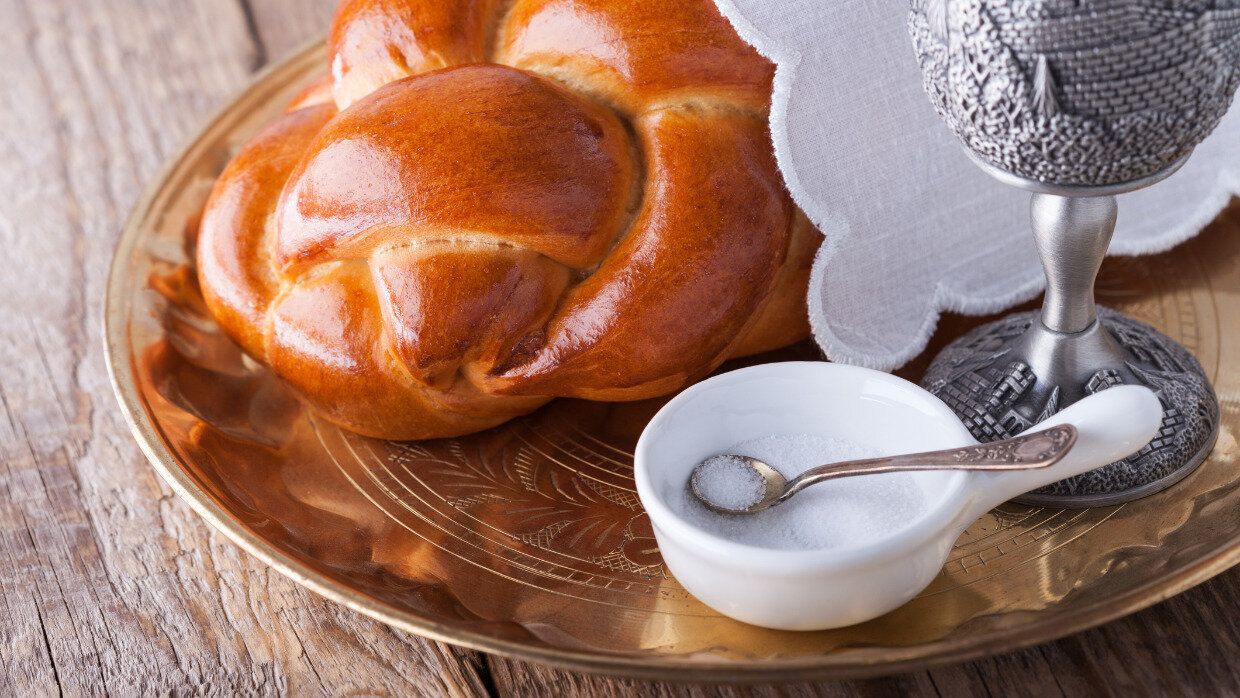


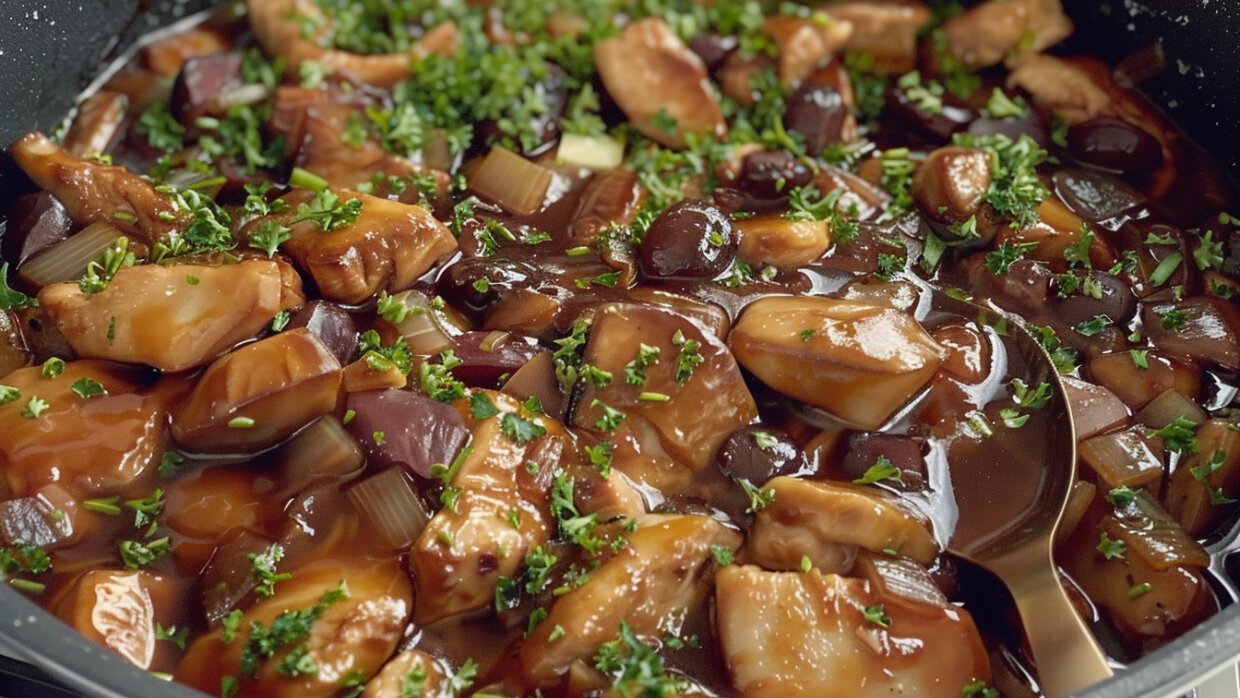

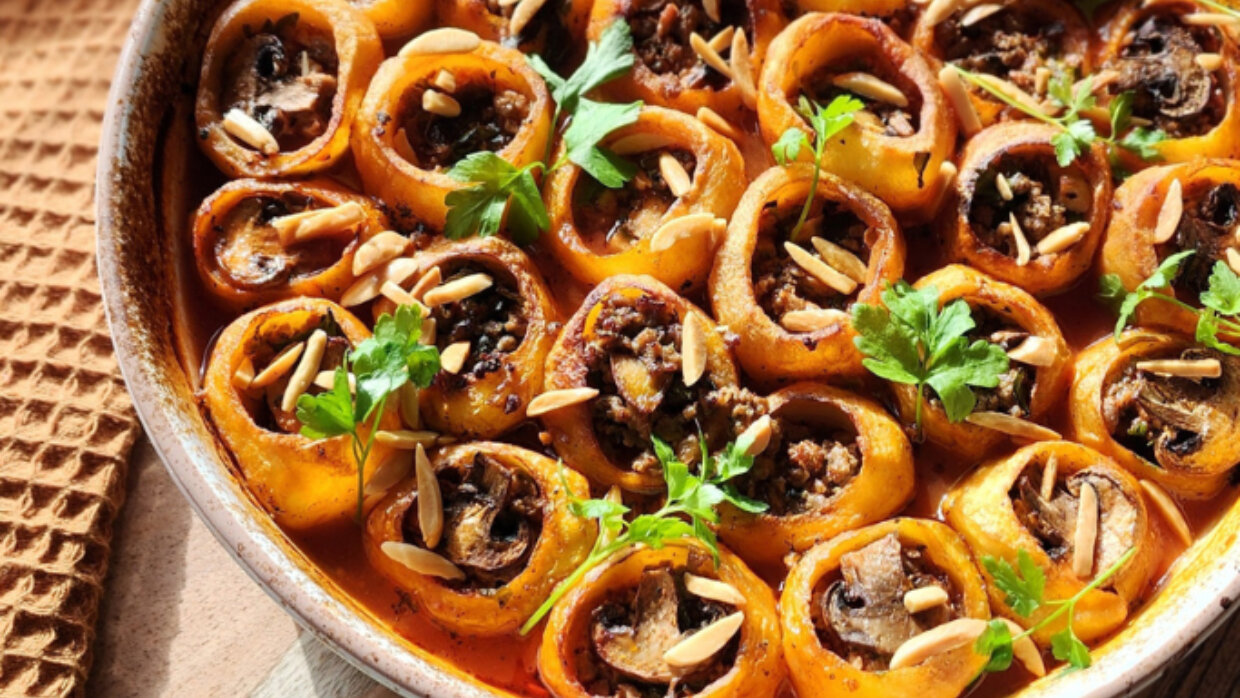

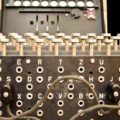
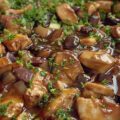




I couldn't understand the reference of "The Hebrew word for compassion, chemlah, also contains the same exact letters as bread and salt" since bread/salt only have 6 letters and both do not have an "ah" sound in it. I know that our tables are like the shulchan of the mizbeach in which the korbanos are salted as well as lechem oni that is quoted in the haggadah (of bringing in the poor literally for those who need to eat and not to mention metaphorically ourselves). Please email for clarification joshhertz02@gmail.com. Thanks.